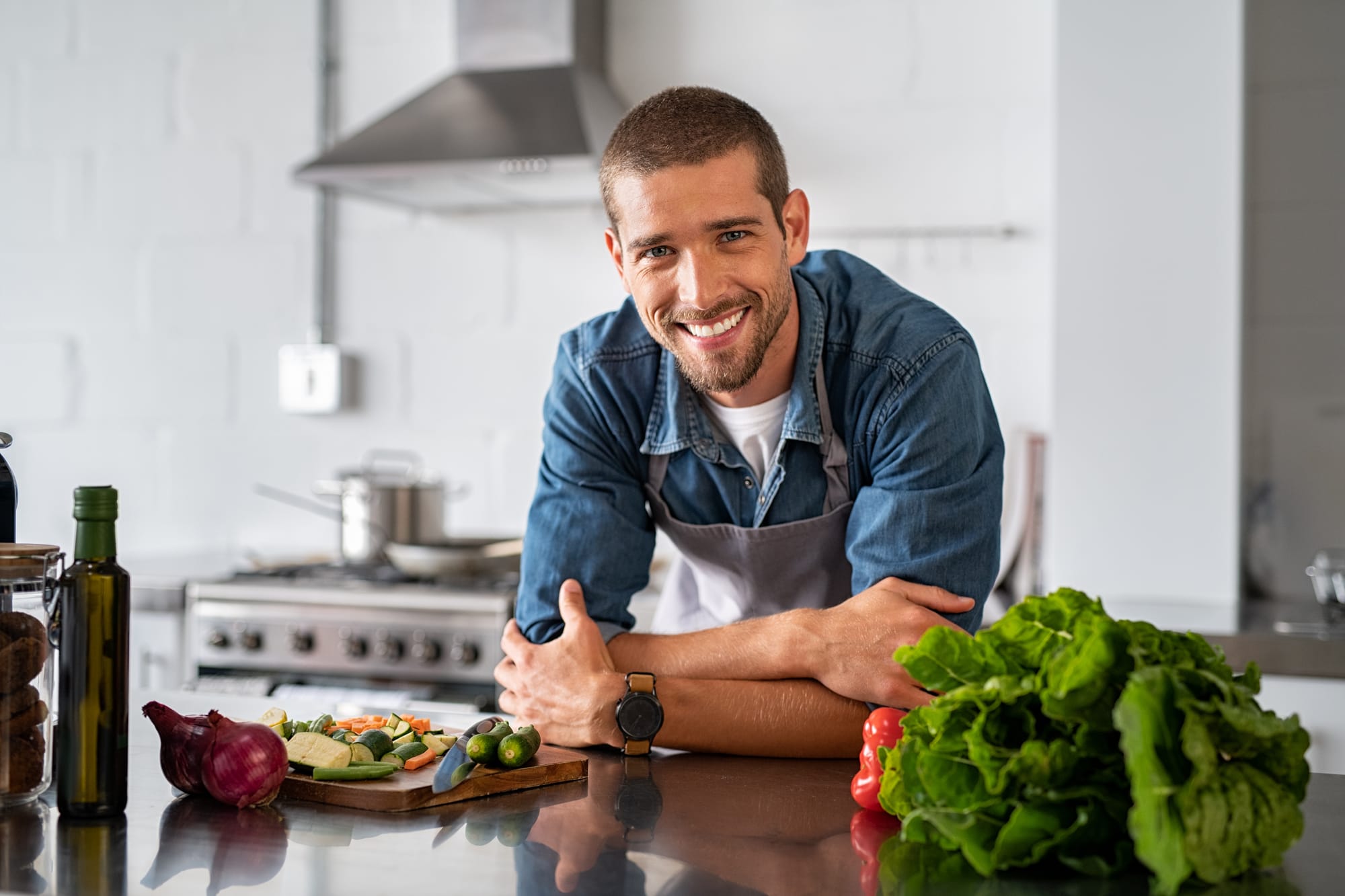Let's talk about protein: More than just muscles
Practical tips to ensure you're getting enough of this essential building block of health and fitness.

Practical tips to ensure you're getting enough of this essential building block of health and fitness.
